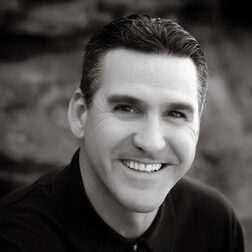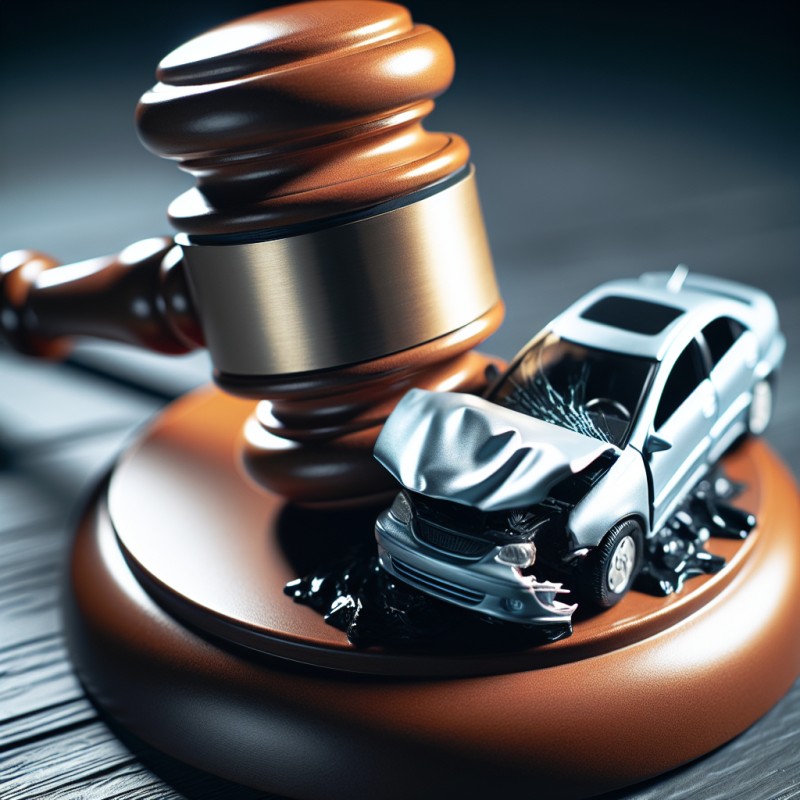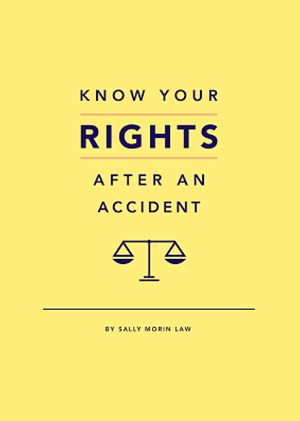In personal injury cases, an independent medical evaluation (“IME”) is usually requested by the defendant’s insurance company to determine causation, the extent of the medical treatment, whether the patient (plaintiff) has received maximum benefit from the treatment, and whether any permanent impairment or injury will remain after treatment. Independent medical examinations are typically requested by insurance carriers looking to get an “independent” evaluation of the injured party by a doctor who has no relationship with the patient. However, the doctors hired by the insurance companies often spend a great deal of their time doing these exams for insurance companies. Insurance carriers have a right to request an independent medical exam during litigation.
Note that the doctors hired to conduct these “independent” medical examinations are paid by the defendant’s insurance carrier and have every motivation to provide reports favorable to the defendant, so they will continue to be hired by that particular carrier.(Note: That is why many personal injury attorneys refuse to use the term “IME” and refer to these examinations and Defense medical examinations.) Thus, independent medical examiners’ enter the examination room with the defendant’s intentions in mind, which are to bolster the insurance carrier’s case and weaken the plaintiff’s case by minimizing their injuries. Be warned, these doctors will often be very nice to your in person, but then will write a lengthy report about how you are exaggerating your injuries or received too much treatment for your injuries. Whatever they can do to help minimize the case and improve the defendant’s position.
What should I expect in an independent medical evaluation?
An independent medical evaluation will always include a physical examination of the injuries in question, but the doctor may also ask you detailed questions about the accident itself and your medical history. Be aware that you do not have to answer questions relating to the facts of the accident, because the insurance carrier is entitled to this through the discovery process during your deposition. They are not entitled to question you twice (once by their doctor and once at your deposition.) The exam itself could take up to two hours, depending on the extent of your injuries.
What precautions should my attorney take to ensure that my rights are protected during the independent medical evaluation?
There are certain precautions that a plaintiff’s attorney can take to ensure that the medical evaluation is not overly broad, too intrusive, and does not violate the plaintiff’s privacy rights.
First, and foremost, your attorney should formally object, in writing, to any general tests conducted and to any questioning by the examiner about the accident, plaintiff’s medical care and history and any preexisting injuries. Second, your attorney should absolutely object to any physical examination beyond the parts of the body which are at issue in the case. The medical evaluation should be limited to the injuries suffered as a result of the accident. A plaintiff is also not obligated to answer questions regarding their pre-incident and post-incident medical history. However, if a plaintiff does answer questions that are not relevant to the subject matter of the personal injury case, the plaintiff may invoke the physician-patient privilege. Filing a personal injury lawsuit does not automatically waive a plaintiff’s right to privacy or the right to the physician-patient privilege regarding unrelated matters to the lawsuit.
You have a right to have a witness in the examination with you. If you have a good personal injury attorney, he or she should send a representative from their office to go with you and bring an audio recorder to ensure that the evaluation is conducted properly. By informing the doctor that he is being recorded, and by stating that the examination and any questions must be limited to the injuries at controversy in the case, will help ensure that the IME doctor does not overstep his boundaries when conducting the exam.
What precautions can I take to ensure my rights are protected during the independent medical evaluation?
If you feel uncomfortable bringing a representative from your injury attorney’s office with you to the examination, or you do not have an attorney, see if you can get a friend or family member to go with you. They can take notes on exactly what time the doctor starts, what questions the doctor asks you, and what tests the doctor performs. They can even record the examination (with audio and maybe even video) with their phone. This person can later act as a witness if there is a dispute regarding the accuracy and fairness of the examination.
You can also schedule an appointment with your own doctor the same day of the exam. Your doctor will be able to say what she found on the same day that you saw the IME doctor. This will be particularly helpful if you disagree with the IME doctor’s findings.
Always ask for a copy of the complete medical report (if you have an attorney, they will do this for you). If you feel like the report is unfair, or does not reflect an accurate depiction of your injuries, you can show it to your doctor and have them write a response to it.
Other things to remember…
You want to make a favorable impression during your independent medical evaluation, so arrive on time and be friendly to the doctor and staff. Remember that you may be observed from the time that you arrive at the doctor’s office until the time that you pull your car out of the parking lot, so make sure that you are dressed appropriately and act in a way that does not detrimentally affect your personal injury case. Aspects such as how you sat in the waiting room chair, how you got out of your car, and how you interacted with the staff or people in the waiting room are often reflected in the IME report.
Be forthright about your injuries, and explain them as well as possible. Don’t fake or exaggerate your injuries or any part of the examination, as the doctor will likely be able to detect this.
Final tips…
We instruct our clients who undergo an independent medical evaluation to NOT fill out any detailed forms provided to them by the defense doctor. You can fill out your name, date of birth and that’s about it. They doctor’s staff will hand you a clipboard with about 10 pages to fill out, but you are not required to do this. It is a waste of your time, stressful and NOT advised, because the defense doctor is not entitled to question you about the details of the accident and your full medical history. Bottom line is… keep your comments/statements/responses (before and during the examination) to a minimum, and keep them only to items related directly to the injuries you are claiming in your particular personal injury traffic accident case.











